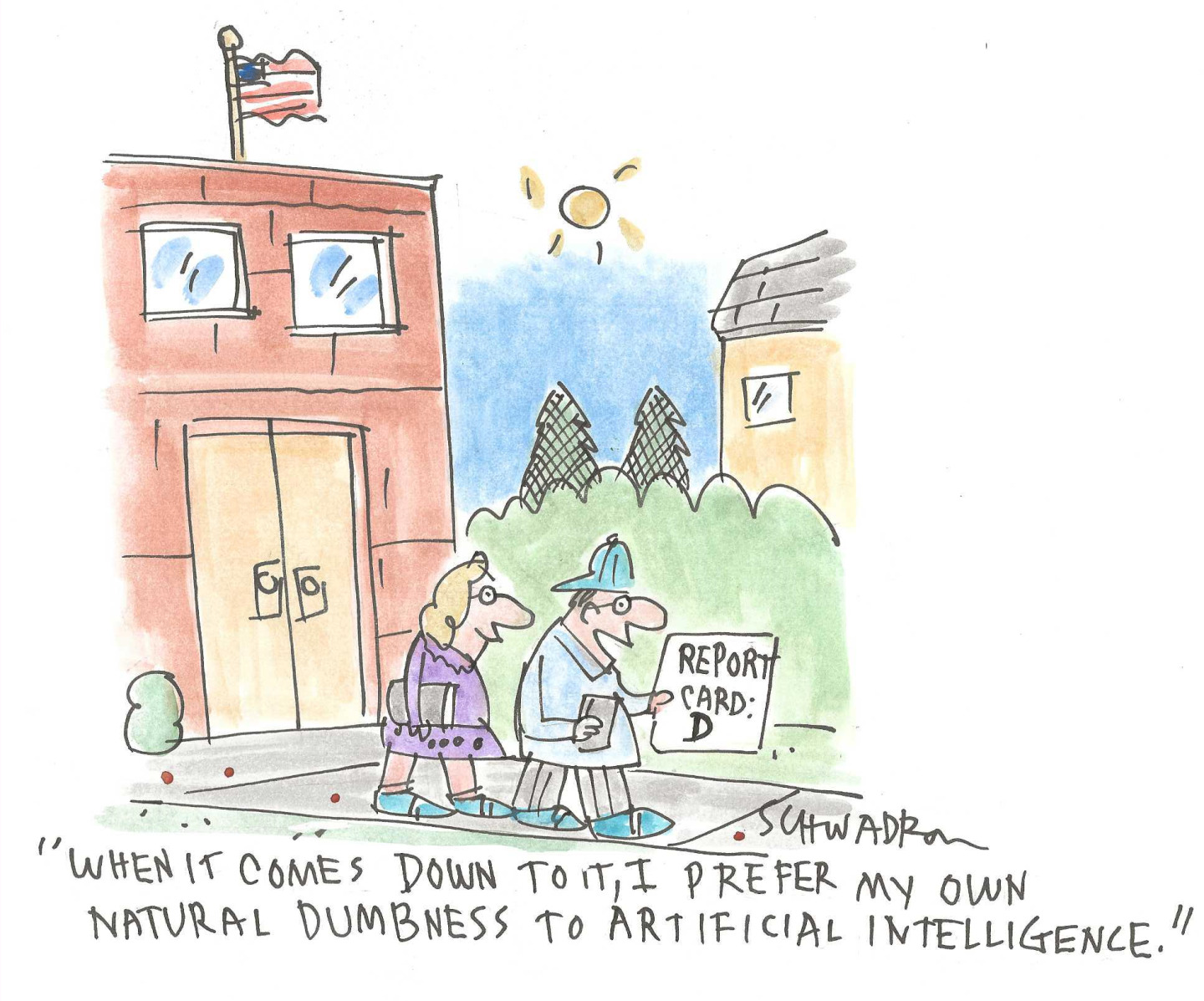The dark side of the love hormone
New research finds that oxytocin could deepen emotional wounds

When we normally think about oxytocin — the so-called love hormone — we think of warmth, tenderness, and trust, the kinds of fuzzy feelings one might associate with walking on sunshine. In fact, oxytocin's considerable cuddle powers are why researchers are trying to bottle the stuff as a commercially viable nasal spray.
But it turns out that the hormone may also play a key role in triggering deep anxieties and emotional conflict, leaving scars that can last for years, if not decades. A new study by Jelena Radulovic of Northwestern University's Feinberg School of Medicine discovered that oxytocin actually strengthens the social anxieties we get from intense emotional pain, whether that's being bullied in school as a kid, or getting caught in the hopeless spin-cycle of an abusive relationship.
Radulovic and her team discovered that oxytocin helps to unleash a signaling molecule called extracellular signal regulated kinase (ERK), which is usually activated 6 hours after a negative social experience. As Science News reports:
Subscribe to The Week
Escape your echo chamber. Get the facts behind the news, plus analysis from multiple perspectives.

Sign up for The Week's Free Newsletters
From our morning news briefing to a weekly Good News Newsletter, get the best of The Week delivered directly to your inbox.
From our morning news briefing to a weekly Good News Newsletter, get the best of The Week delivered directly to your inbox.
"ERK causes enhanced fear by stimulating the brain's fear pathways, many of which pass through the lateral septum. The region is involved in emotional and stress responses," Prof Radulovic explained.
"By understanding the oxytocin system's dual role in triggering or reducing anxiety, depending on the social context, we can optimize oxytocin treatments that improve well-being instead of triggering negative reactions." [Science News]
Oxytocin is often heralded as a magical hormone, the kind of cure-all that makes us nicer, gentler people. Previous studies have suggested that oxytocin can help diminish social fear, relieve stress, and make us more generous. The kinds of things, as George Dvorsky at io9 writes, that make humans human.
On the other hand, the latest findings seem to indicate that oxytocin has a dark side that we've only just begun to explore. Which, of course, is part of being human, too.
Sign up for Today's Best Articles in your inbox
A free daily email with the biggest news stories of the day – and the best features from TheWeek.com
-
 Today's political cartoons - May 10, 2025
Today's political cartoons - May 10, 2025Cartoons Saturday's cartoons - artificial intelligence, cryptocurrency, and more
-
 5 streetwise cartoons about defunding PBS
5 streetwise cartoons about defunding PBSCartoons Artists take on immigrant puppets, defense spending, and more
-
 Dark chocolate macadamia cookies recipe
Dark chocolate macadamia cookies recipeThe Week Recommends These one-bowl cookies will melt in your mouth